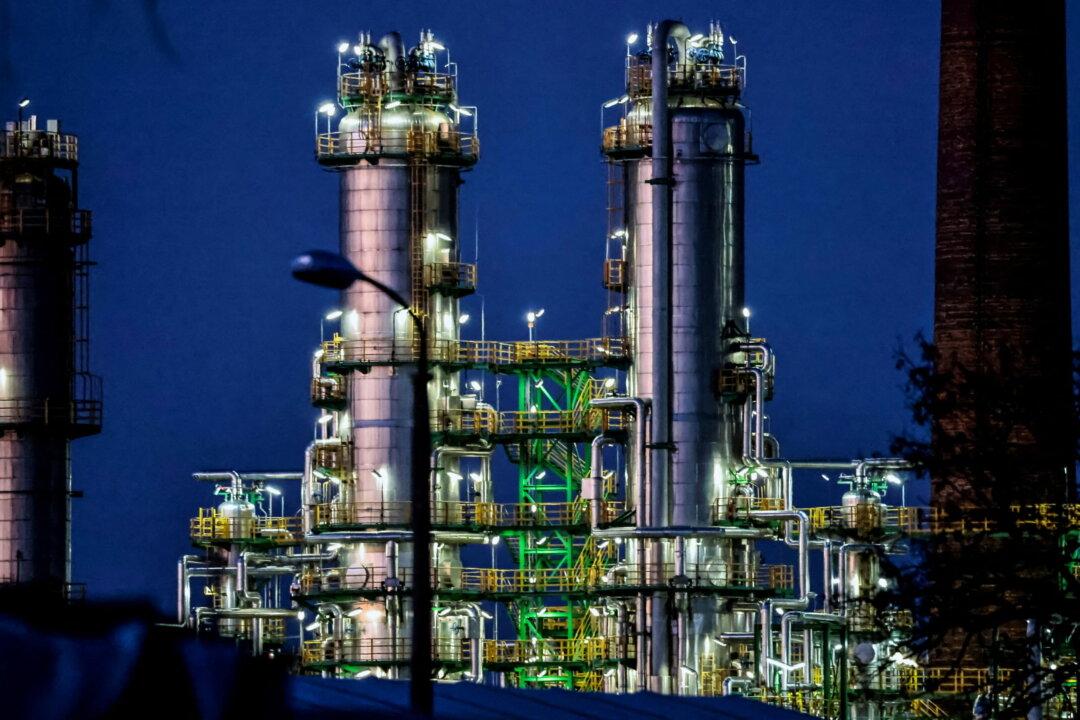Oil prices remained elevated during early trading on May 30 as traders await Europe’s decision on Russian oil import sanctions.
The Brent crude oil futures contract for July hit $120.02 per barrel at 11 a.m. UTC (7 a.m. Eastern time) on May 30, its highest level in over two months. Meanwhile, U.S. West Texas Intermediate (WTI) crude futures hit $115.72 per barrel. The European Union is scheduled to meet on May 30–31 to discuss the sixth package of sanctions against Russia for its invasion of Ukraine.





